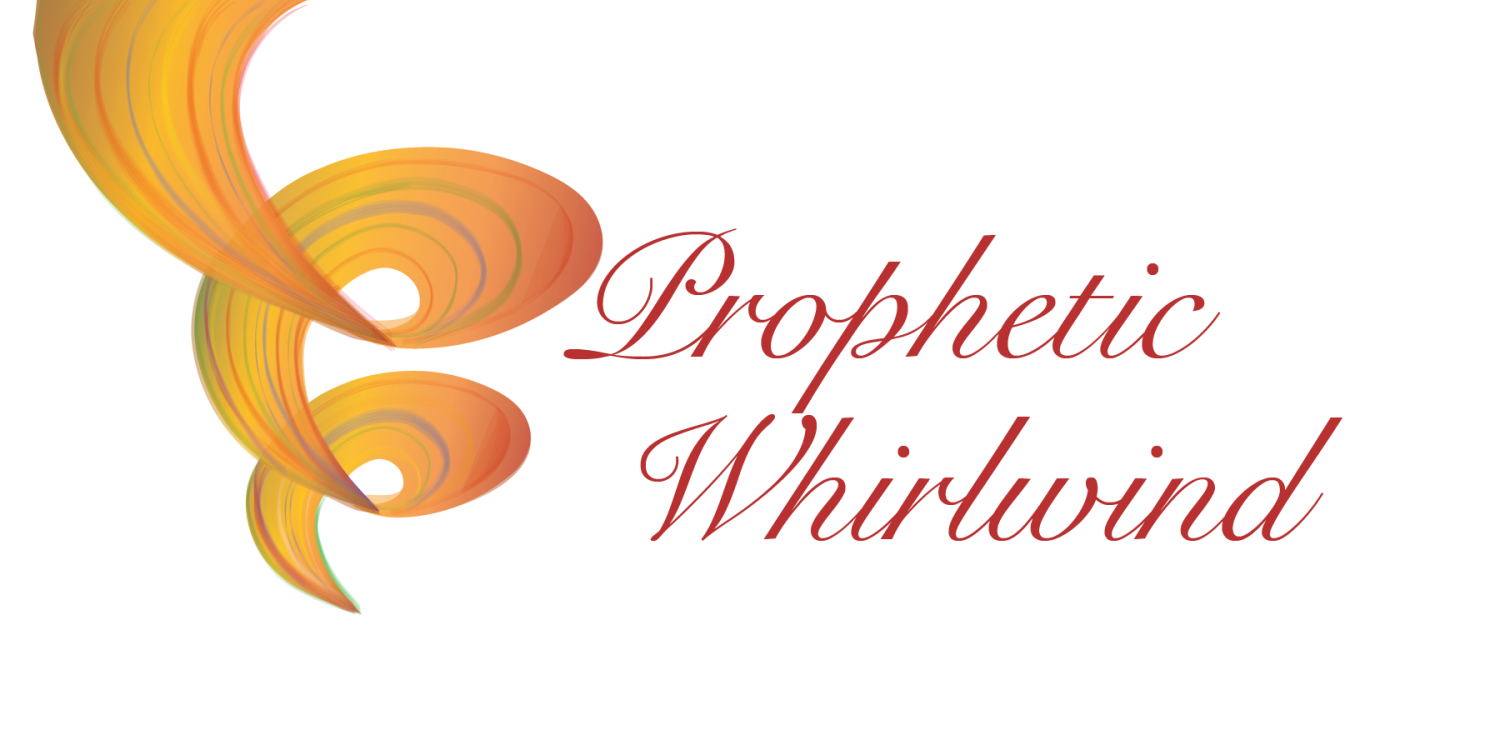KiTavo

🌬 #ThisWeeksTorahPortion
Ki Tavo, Ki Thavo, Ki Tabo, Ki Thabo, or Ki Savo (Hebrew: כִּי-תָבוֹא) meaning When you come in or When you enter. This is second and third words, and the first distinctive words, in the parashah) is the 50th weekly Torah portion (Hebrew: פָּרָשָׁה, parashah) in the annual cycle of Torah reading and the seventh in the Book of Deuteronomy. It comprises Deuteronomy 26:1–29:8. The parashah tells of the ceremony of the first fruits (Hebrew: בִּכּוּרִים, bikkurim), tithes, and the blessings from observance and curses (Hebrew: תוֹכֵחָה, tocheichah) from violation of the law.
Deuteronomy 26:1-29:8This week’s Torah portion includes a great deal about idolatry and this Shabbat while doing my studies I had to study the Torah commandments around idolatry. I was shocked because so much could count as idolatry. I spent sometime in repentance not just for me but my family and ancestors. As we read Deuteronomy 28 I do not see this passage as just “The Curses of Deuteronomy 28” but as the Blessings of Obedience and CONSEQUENCES of Disobedience when we use the term curses it can get really spooky and esoteric but consequences takes the mystery out of it and adds responsibility. I love my people and I believe we are anointed but I also believe for such a physically strong and mentally gifted people to be in the situation we are in worldwide we truly have to examine what led us here. Who was at the gate? Where did we go wrong? What spiritual beliefs did not protect us from conquest? Who warned us that we ignored? What injustices did we do to the vulnerable among us: widows, orphans, servants and strangers? How are we repeating these mistakes today?
I want to make it clear asking ourselves these questions in NO WAY exonerates those who did injustice to us and as scripture says judgement is coming for those who violated Yahweh’s people BUT we can only control and change us. Read Deuteronomy 28 and examine the conditions of Black people worldwide and then prayerfully ask why? The answer may surprise you.
Let’s read this week’s Torah portion.

